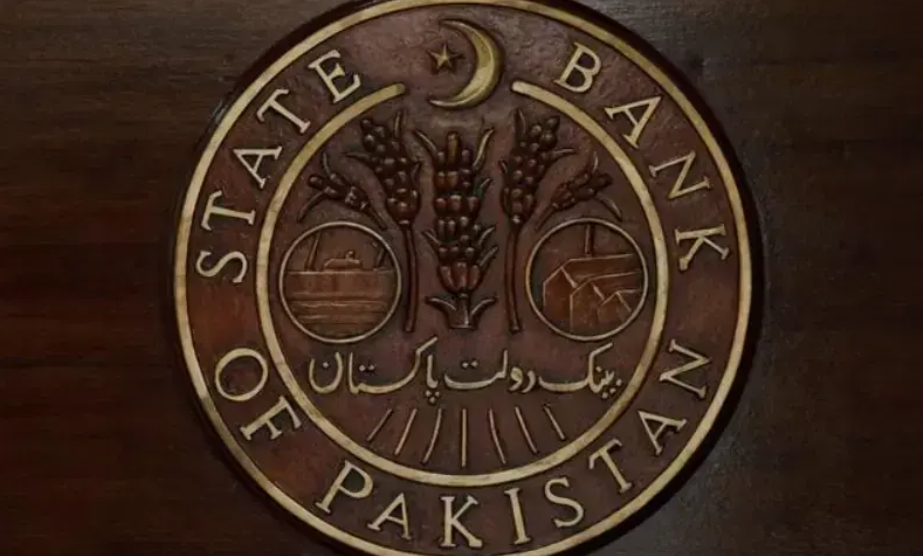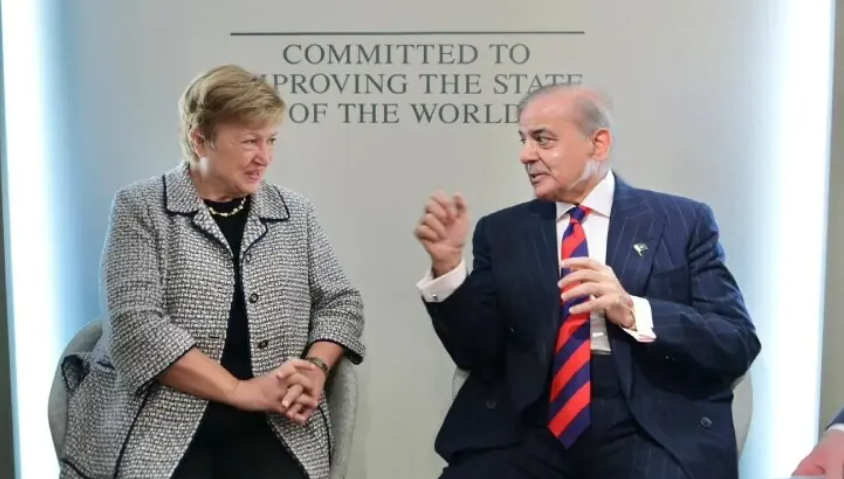TRADE & ECONOMY

The International Monetary Fund (IMF) has expressed serious concerns about the close relationship between the government, the State Bank of Pakistan (SBP), and the country's banking sector. This strong connection, according to the IMF, could have negative consequences for Pakistan’s economic and financial sectors, as it can lead to conflicting policy decisions, regulatory challenges, and a difficult trade-off between debt management and inflation control.
In its latest report on the recently approved $7 billion Extended Fund Facility (EFF) for Pakistan, the IMF dedicates a special chapter to the sovereign-bank nexus, pointing out that Pakistan’s banking sector holds the highest proportion of government securities relative to its total assets globally.
The report highlights that, in recent years, Pakistan's banks have relied heavily on short-term central bank liquidity to fund their growing securities portfolios, using government bonds as collateral. With limited deposit growth, banks have had to depend on the SBP’s open market operations (OMOs) to maintain liquidity.
"This complex relationship between fiscal, monetary, and banking sectors creates vulnerabilities, as actions or developments in one area can have broad impacts across the economy," the IMF warned.
The IMF’s analysis also pointed out that persistently high fiscal deficits, compounded by recent external shocks, have deepened this relationship. As the government faces restricted access to external funding, banks have been purchasing increasing amounts of domestic government debt, with such holdings now making up around 60% of banks' total assets—three times the average seen in emerging markets.
As private sector lending becomes less attractive than lending to the government, private investment and credit have suffered. The IMF cautioned that the balance sheets of the government, commercial banks, and the SBP are now highly interconnected, which has weakened the effectiveness of monetary policy. This dynamic has made it difficult for policy rates to influence private credit, investment, and consumption decisions.
A potential risk scenario painted by the IMF involves a vicious cycle where increasing government demand for bank credit leads to higher interest rates, reduced demand for government securities, and turmoil in the domestic debt market.
In terms of monetary policy, the IMF noted that the SBP faces a dual challenge. It must manage liquidity to achieve price stability while also regulating the banking sector. The report emphasized that the SBP should tread carefully, as the banking system currently faces a systemic liquidity shortage.
The IMF further observed that Pakistan’s banking sector has remained profitable, primarily due to its role in financing the government’s fiscal deficit. However, the sector has not offered enough incentives to attract depositors, given the easy availability of liquidity from the SBP.
As Pakistan moves forward under the IMF’s $7 billion EFF program, managing the sovereign-bank nexus and addressing the interconnected risks in the financial system will be critical to ensuring the country’s economic stability.




